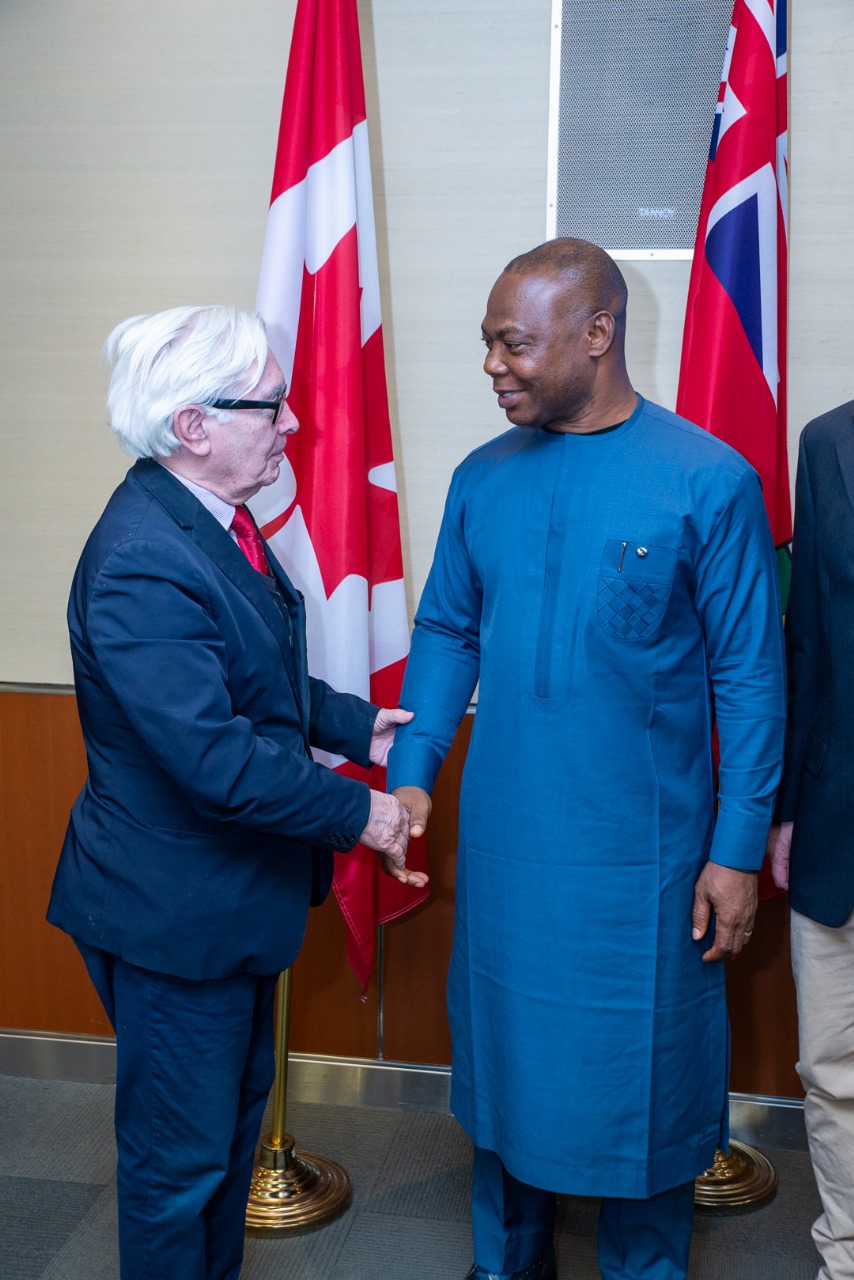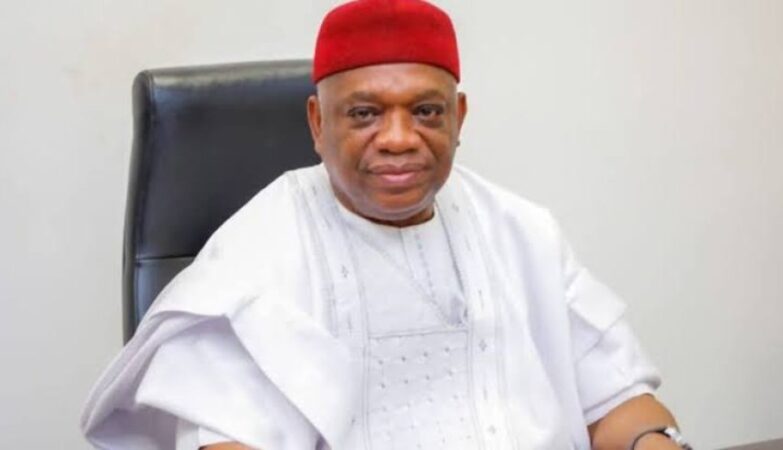The manner an event is Marshalled reveals the intended and unintended mindset of the planners.
In Igbo culture, protocol is deeply ingrained, reflecting the importance of respect, honour, and dignity. This is encapsulated in sayings like Ahu Onye ekwesiri iku ukwu aziza o dighi nma ikwala aka azu and Ugwu bu nkwaghi nkwaghi nwanyi amuta ibe ya which emphasize giving honour to whom it is due. This cultural value is evident in everyday life, including the sharing of essential items like meat, promoting peace, and harmonious coexistence. The Igbo society highly values respect, honour, and dignity, and these principles guide interactions and relationships.
Also, within government and international diplomatic relations, protocol observation is a crucial aspect of event management. For instance, the presence of high-ranking officials can significantly impact the dynamics of an event, and their placement can be a deliberate decision that conveys respect, priority, and diplomatic nuances or even disdain, disregard and disrespect. This can lead to misunderstanding, disaffection, and even rupture relationships. It is, therefore, important to examine the significance of protocol observation in event management, focusing on the placement of government officials during events.
The Importance of Protocol Observation
Protocol observation refers to the set of rules and guidelines that govern the behaviour and placement of individuals, particularly dignitaries, during official events. It is essential to understand that protocol is not just about etiquette; it is about showing respect, avoiding misunderstandings, and maintaining diplomatic relations. Government officials, including heads of state, ministers, and other high-ranking officials, are often accorded specific protocol privileges, including preferential seating, precedence, and ceremonial roles.
The Placement of Government Officials
The placement of government officials during events is a critical aspect of protocol observation. The seating arrangement, in particular, can convey significant messages about the importance of the individual, their rank, and their relationship with other attendees. Typically, the placement of government officials follows a hierarchical structure, with the most senior officials seated in prominent positions.
Factors Influencing Placement
Several factors influence the placement of government officials during events, including:
- Rank and Hierarchy: The official’s rank and position within the government determine their placement. Heads of state and government are typically given priority seating, followed by other high-ranking officials.
- Diplomatic Relations: The placement of government officials can also reflect diplomatic relations between countries. For example, the seating arrangement may be designed to promote goodwill or to signal a shift in diplomatic relations.
- Event Type and Purpose: The type and purpose of the event also influence the placement of government officials. For example, at a state visit, the guest of honour may be given precedence over other officials.
- Host-Guest Dynamics: The host-guest dynamics can also impact the placement of government officials. The host may choose to seat the guest of honour in a prominent position as a sign of respect and hospitality.
Visual Representation: Picture Placement in Brochures
In addition to seating arrangements, protocol observation also extends to visual representations, such as picture placement in brochures, programs, and other event materials. The placement of photographs can convey significant messages about the importance and ranking of individuals. Typically, the host country’s or organization’s leader is featured prominently, followed by the guest of honour or other high-ranking officials. The size and positioning of photographs can also reflect diplomatic relations and protocol considerations. For example, larger photographs or prominent placement may be reserved for more senior officials or dignitaries.
Implications of Protocol Observation
The implications of protocol observation are far-reaching. Proper protocol observation can:
- Enhance Diplomatic Relations: By showing respect and deference to government officials, protocol observation can enhance diplomatic relations and promote goodwill.
- Avoid Misunderstandings: Protocol observation can help avoid misunderstandings and unintended offence, which can have significant diplomatic consequences.
- Promote Event Success: By carefully planning the placement of government officials, event organizers can promote a successful event and create a positive atmosphere.
Conclusion
Protocol observation should sacrosanct whether you like the individual or not. This is because it is a critical aspect of event management, particularly when government officials are involved. The placement of government officials during events requires careful consideration of rank, hierarchy, diplomatic relations, event type, and host-guest dynamics. By understanding the significance of protocol observation and its implications, event organizers can ensure a successful and respectful event that promotes goodwill and avoids misunderstandings.
Hon. IBEKWE, Nnamdi Chimdi-FINS., FCIMS.
Lawmaker representing Bende North Constituency Abia State.








